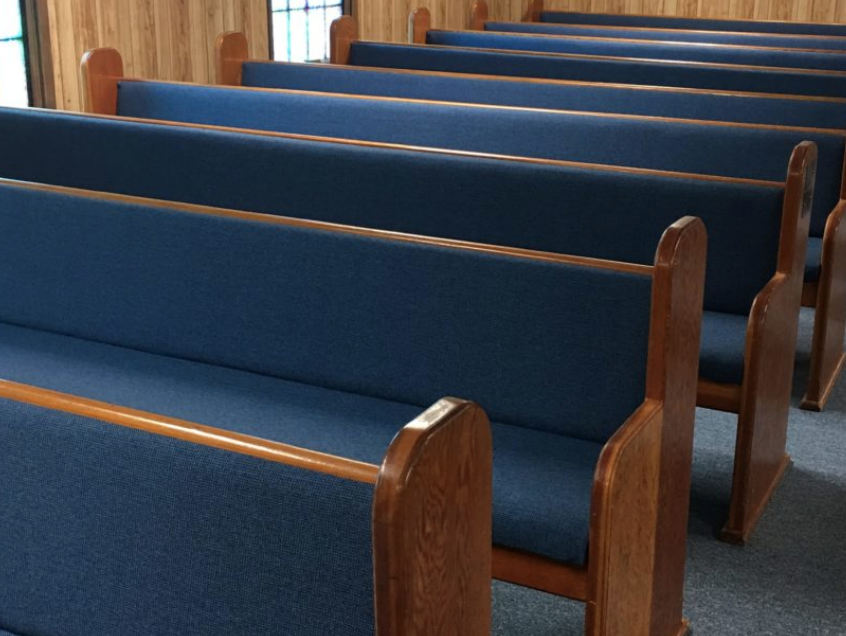Every now and then, while a priest is traveling or out running errands, a stranger will approach and ask: "Father, will you hear my confession?"
This can happen on a city sidewalk or in a quiet corner of a big-box store. Often the question is urgent -- because something disturbing has shaken someone's faith.
"I've been asked for confession in a taxi. I've been asked while on a train," said Father Fergal O'Duill, part of the Dallas-Fort Worth branch of the Catholic movement Regnum Christi. His name is pronounced "O'Doul" and he is originally from Dublin, Ireland.
These requests happen, he added, because "people see you and they know you're a priest. We're priests no matter where we go."
Hearing confessions is crucial during the penitential season of Lent, which precedes Easter, which is on April 12th this year for Catholics and Protestants (and April 19th for Eastern Orthodox Christians). Centuries of Catholic and Orthodox tradition urge believers to go to confession during Lent, before receiving Holy Communion on Easter.
The irony, right now, is that O'Duill can hear confessions during chance encounters, but not during scheduled times at the school where is serves as a chaplain.
The evolving coronavirus pandemic has turned Lent into a confusing minefield of legal and doctrinal questions for pastors and their flocks. In many communities, but not all, state or local officials have ordered people to "shelter in place" -- staying home unless they have "essential" needs elsewhere. This has raised an obvious question: Is going to confession "essential," even if Catholics are preparing for Holy Week and Easter rites they will have to watch on digital screens at home?
For most of March, O'Duill was one of several priests who heard confessions in a giant parking lot, or in a pair of tents, near the Highlands School in Irving, Texas. Every effort was made to provide enough privacy to maintain the "dignity" of the sacrament, he said, while priests remained a safe distance from the penitents. Priests offered similar "drive-through" confession opportunities in a few other parts of America.
Then, on March 22, Dallas County Judge Clay Jenkins issued a "shelter in place" order effective through April 3 and, perhaps, beyond.
The ground rules changed.










